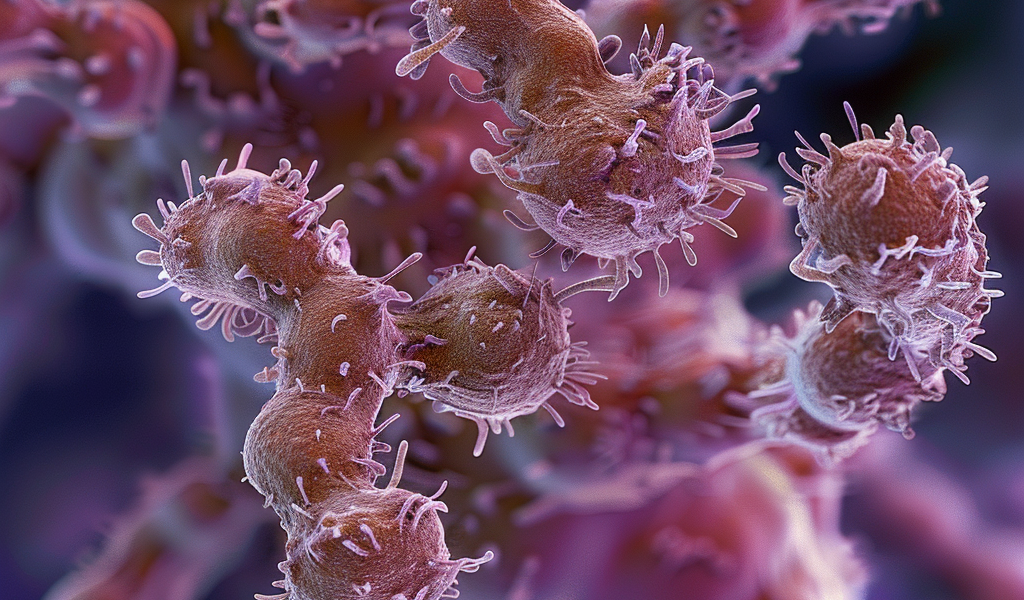Akkermansia muciniphila, a gut symbiont, has been found to possess exoglycosidases that target extended blood group antigens to produce ABO-universal blood, according to a recent study published in Nature Microbiology. Matching blood groups between donors and recipients based on red blood cell surface ABO glycans and plasma antibodies is critical to prevent adverse reactions during transfusions. Enzymatically converting RBC glycans to the universal group O offers a promising solution to streamline blood logistics and reduce the risk of ABO-mismatched transfusions.
The research involved the biochemical evaluation of 23 Akkermansia glycosyl hydrolases to identify specific exoglycosidase combinations capable of efficiently converting both A and B antigens, along with four carbohydrate extensions. By enzymatically removing canonical and extended ABO antigens on RBCs, the compatibility with group O plasmas was significantly enhanced compared to the conversion of A or B antigens alone. Additionally, structural analyses of two enzymes responsible for converting B antigens unveiled a previously unknown carbohydrate-binding module.
This study highlights the potential of mucin-degrading gut bacteria, such as Akkermansia muciniphila, as valuable sources of enzymes for the production of universal blood for transfusions. The findings offer insights into leveraging microbial enzymatic pathways to simplify blood group matching and enhance transfusion safety.





